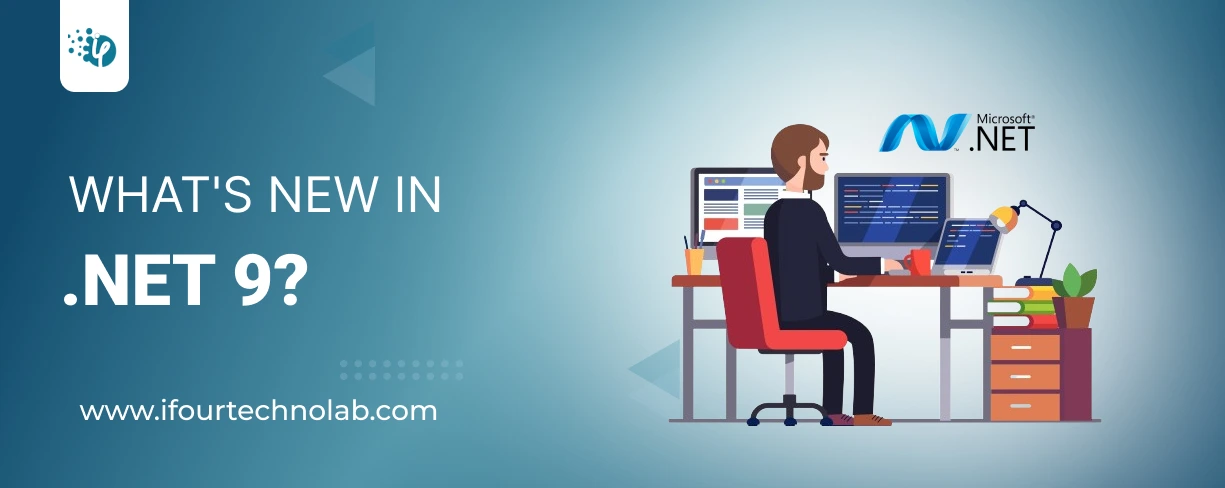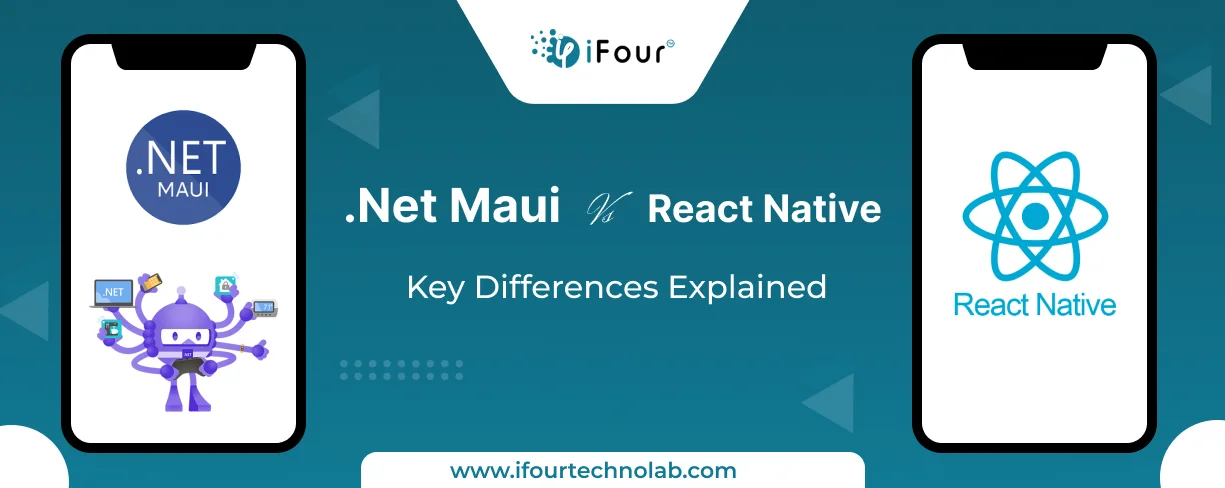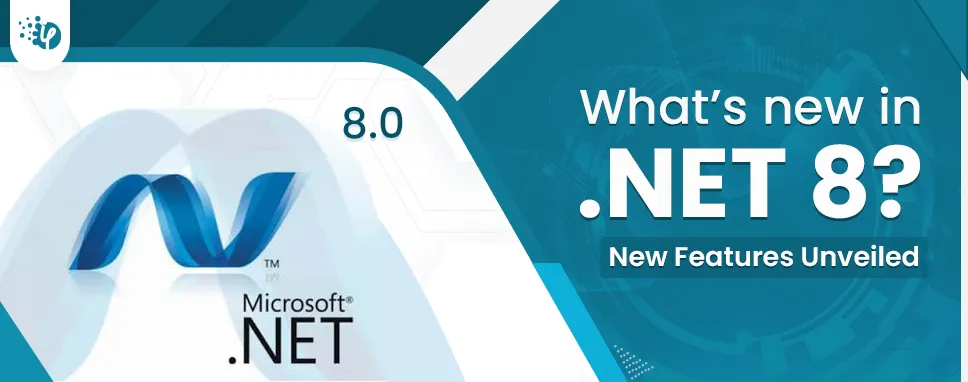Helps to track vehicles and drivers
" Blockchain technology is still in its early developmental stages, but it has already shown a great deal of promise for a variety of industries. The Fleet industry is no exception, and there are a few key ways in which Blockchain could be useful for this sector.
The first way Blockchain could be helpful for Fleet is by providing a more secure and efficient way to track and manage vehicles and drivers. Currently, the industry relies on a number of different methods to keep track of vehicles and drivers, including manual logs, GPS tracking, and RFID tags. However, all of these methods are vulnerable to errors and fraud. Blockchain could provide a more secure and tamper-proof way to track vehicles and drivers, which would help to reduce errors and fraud.
Another way Blockchain could be useful for the Fleet industry is by helping to streamline the payment process. Currently, the payment process in the Fleet industry is relatively complex and involves a number of different stakeholders. Blockchain could help to streamline the payment process by providing a more efficient and secure way to transfer payments between stakeholders.
Overall, Blockchain has the potential to be a transformative technology for the Fleet industry. It could help to reduce errors and fraud, streamline the payment process, and improve the overall security of the industry.
Ultimately, only time will tell how big blockchain will impact the financial industry. But one thing is for sure: it is sure to shake things up."
Blockchain technology has reduced logistics issues and food handling. Using its digitized roadmap, fleet management in distribution could significantly trace a polluted shipment to its source. The recent salmonella outbreak at the fast-food chain Chipotle took weeks to track the disease path to each restaurant location.
In case the distributor had been on a blockchain; however, it might have taken a few minutes to track where and when the contaminated food was delivered. Furthermore, by integrating blockchain technology with IoT, fleet management and distributors could use sensors inside refrigerated trucks to evaluate the temperature. Hence, fleet management could use blockchain to assess loads and send verifiable data to drivers and customers.
























